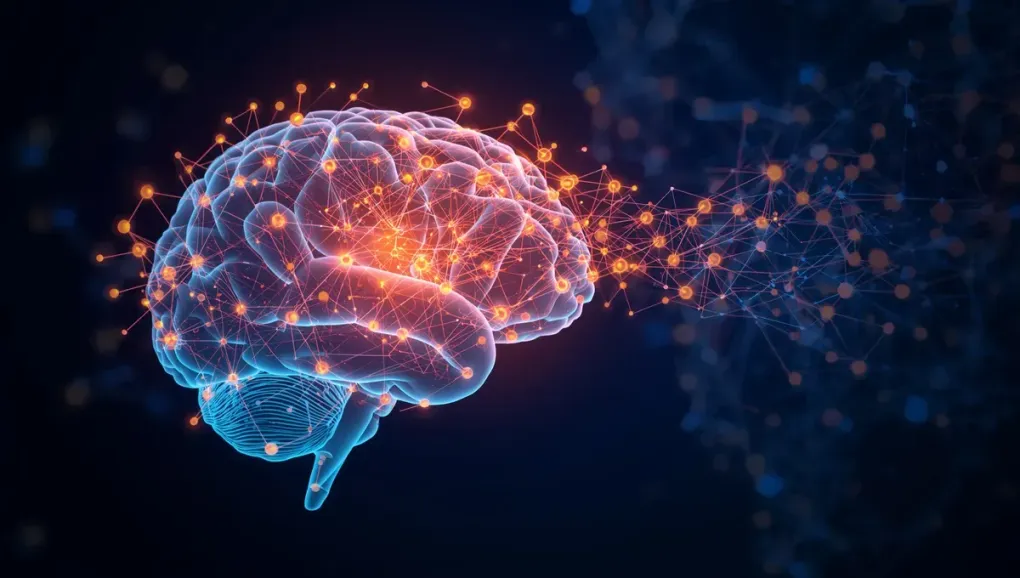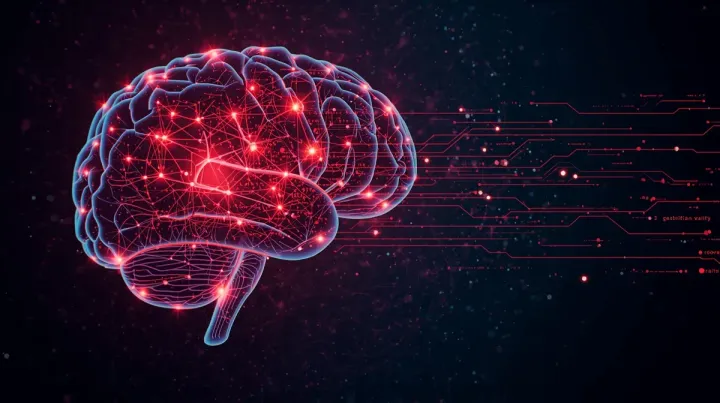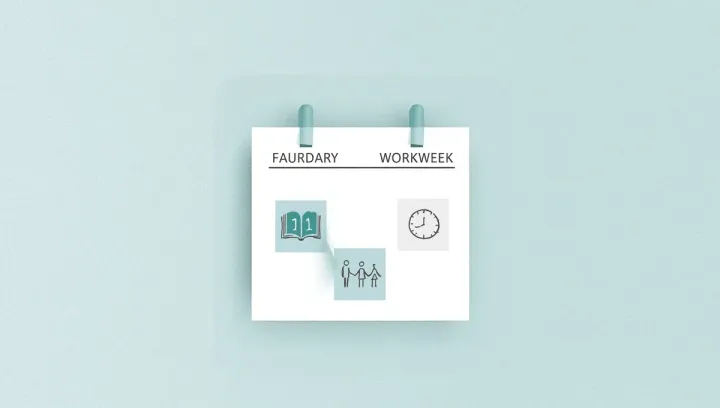
Growth Mindset in the Age of AI: Why Adaptability is the New Superpower
The Obsession with Skills
For decades, the conversation around career development has been dominated by the acquisition of skills. We’re told to learn to code, to master data analysis, to become proficient in the latest software. While technical skills are undoubtedly important, the relentless pace of technological change, particularly in the field of Artificial Intelligence, is forcing us to reconsider what it truly means to be “skilled.”
What happens when the skills you’ve spent years mastering can be replicated by an AI in a matter of seconds? What happens when the hot new programming language of today is obsolete tomorrow? The answer is not to frantically jump from one skill to the next, but to cultivate something deeper and more enduring: a growth mindset.
The Power of a Growth Mindset
The concept of a growth mindset, popularized by psychologist Carol Dweck, is the belief that our abilities and intelligence can be developed through dedication and hard work. This is in contrast to a fixed mindset, which assumes that our talents are innate and unchangeable.
In the age of AI, a growth mindset is not just a nice-to-have; it is an essential survival tool. It is the engine of adaptability, the quality that allows us to thrive in the face of uncertainty. With a growth mindset, we see challenges not as threats, but as opportunities to learn and grow. We embrace feedback, we persist in the face of setbacks, and we are inspired by the success of others.
Adaptability: The New Superpower
If a growth mindset is the engine, then adaptability is the vehicle. It is the ability to adjust to new conditions, to learn new things, and to pivot when necessary. In a world where AI is constantly reshaping industries and job roles, adaptability is the new superpower.
Think of it this way: a person with a fixed mindset and a specific set of skills is like a train on a fixed track. As long as the track leads to a desirable destination, they are fine. But if the track is disrupted or the destination changes, they are stuck. A person with a growth mindset, on the other hand, is like an all-terrain vehicle. They can navigate any landscape, forge new paths, and adapt to any obstacle.
Cultivating Your Growth Mindset
So, how do you cultivate a growth mindset and enhance your adaptability? Here are a few practical strategies:
- Embrace Lifelong Learning: See learning not as a finite process that ends with a degree or certification, but as a continuous journey. Be curious. Read widely. Take online courses. Attend workshops. The more you learn, the more adaptable you become.
- Seek Out Challenges: Don’t be afraid to step outside of your comfort zone. Take on projects that stretch your abilities. Volunteer for tasks that you’ve never done before. The more you challenge yourself, the more you will grow.
- View Failure as Feedback: Failure is not a sign of incompetence; it is an essential part of the learning process. When you fail, don’t get discouraged. Instead, analyze what went wrong, learn from your mistakes, and try again.
- Focus on Process, Not Just Outcomes: While goals are important, don’t get so fixated on the destination that you forget to enjoy the journey. The process of learning and growing is valuable in itself.
The Human Advantage
As AI continues to evolve, the skills that will be most valued are not the ones that can be automated, but the ones that are uniquely human: creativity, critical thinking, emotional intelligence, and, above all, adaptability. By cultivating a growth mindset, we can ensure that we are not just passive observers of the AI revolution, but active participants in shaping a future where humans and machines work together to solve the world’s most pressing challenges.


